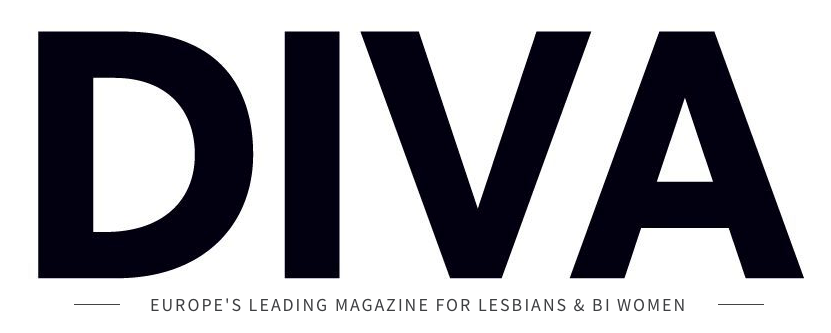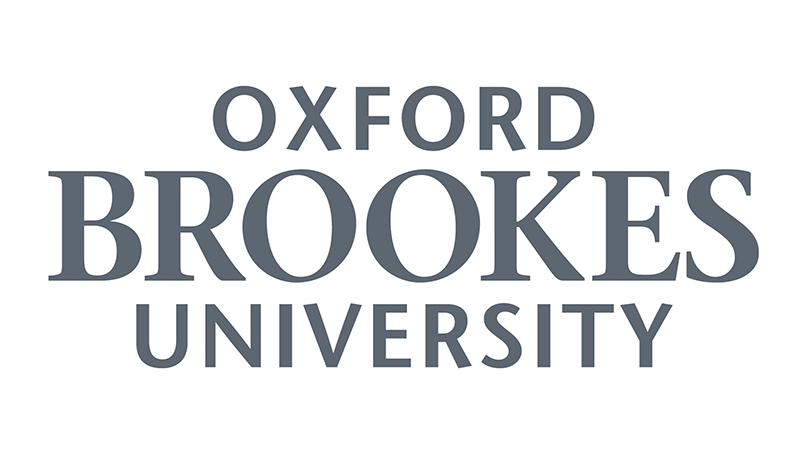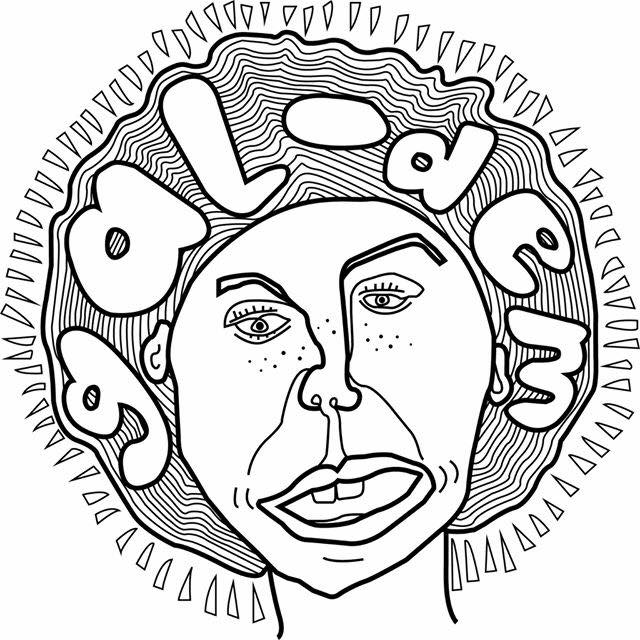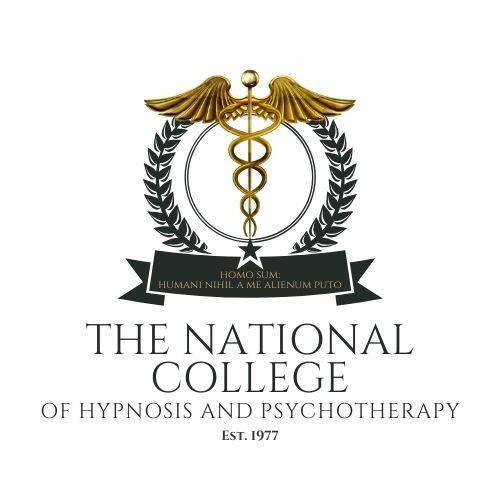ACT is a process-based approach to psychological intervention that is grounded in modern behavioural and evolutionary science, including Relational Frame Theory, mindfulness and acceptance processes, and commitment and behaviour change processes, to the creation of psychological flexibility.
The general goal of ACT is to increase psychological flexibility
– the ability to contact the present moment more fully as a conscious human being
– and to change or persist in behaviour when doing so serves valued ends.
Psychological flexibility is established through six core ACT processes.




























Acceptance
Acceptance is, in essence, a receiving of the gift of experience.
Acceptance in ACT is not an end in itself. Rather, acceptance is fostered as a method of increasing values- based action
Cognitive Defusion
ACT attempts to change the way one interacts with or relates to thoughts by creating contexts in which their automatic and unhelpful functions are diminished.
Being Present
ACT promotes ongoing non-judgmental contact with psychological and environmental events as they occur, so that attention can be allocated flexibly, fluidly, and voluntarily
Self as Context
Self as context is important in part because from this standpoint, one can be aware of one’s own flow of experiences without attachment to them or an investment in which particular experiences occur: thus defusion and acceptance are fostered.
Values
Values are chosen qualities of purposive action that can never be obtained as an object and can only be instantiated moment by moment.
Committed Action
ACT encourages the development of larger and larger patterns of effective action linked to chosen values.


